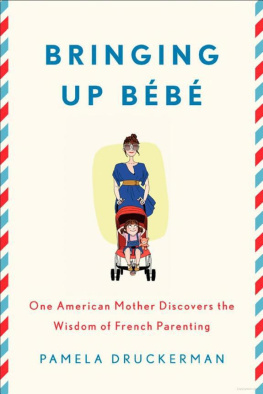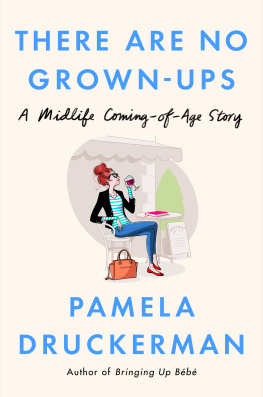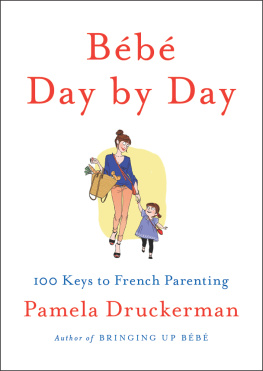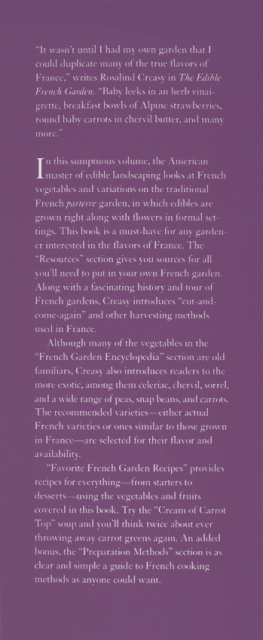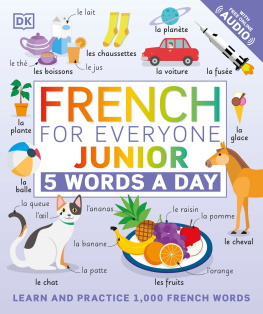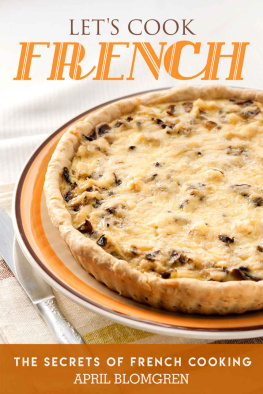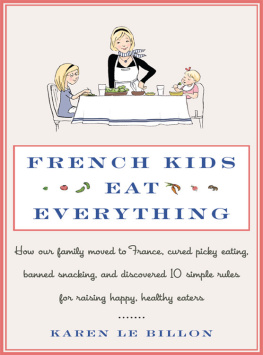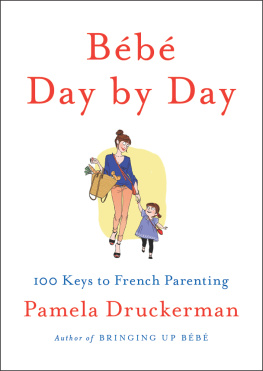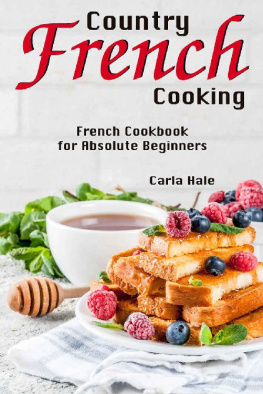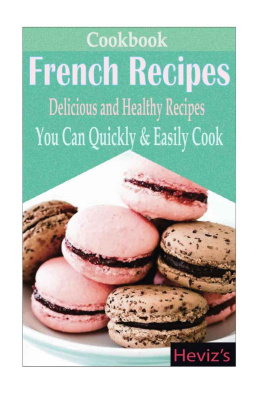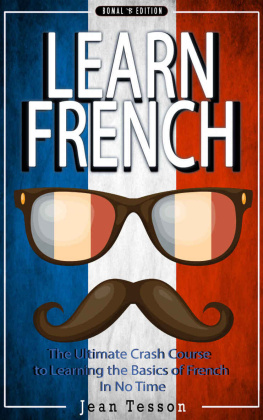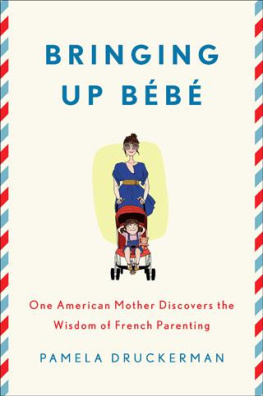Also by Pamela Druckerman
Lust in Translation
bringing up bb

One American Mother Discovers the Wisdom of French Parenting
Pamela Druckerman
THE PENGUIN PRESS
New York
2012
THE PENGUIN PRESS
Published by the Penguin Group
Penguin Group (USA) Inc., 375 Hudson Street, New York, New York 10014, USA Penguin Group (Canada), 90 Eglinton Avenue East, Suite 700, Toronto, Ontario, Canada M4P 2Y3 (a division of Pearson Penguin Canada Inc.) Penguin Books Ltd, 80 Strand, London WC2R 0RL, England Penguin Ireland, 25 St. Stephens Green, Dublin 2, Ireland (a division of Penguin Books Ltd) Penguin Books Australia Ltd, 250 Camberwell Road, Camberwell, Victoria 3124, Australia (a division of Pearson Australia Group Pty Ltd) Penguin Books India Pvt Ltd, 11 Community Centre, Panchsheel Park, New Delhi 110 017, India Penguin Group (NZ), 67 Apollo Drive, Rosedale, Auckland 0632, New Zealand (a division of Pearson New Zealand Ltd) Penguin Books (South Africa) (Pty) Ltd, 24 Sturdee Avenue, Rosebank, Johannesburg 2196, South Africa
Penguin Books Ltd, Registered Offices: 80 Strand, London WC2R 0RL, England
First published in 2012 by The Penguin Press, a member of Penguin Group (USA) Inc.
Copyright Pamela Druckerman, 2012
All rights reserved
LIBRARY OF CONGRESS CATALOGING IN PUBLICATION DATA
Druckerman, Pamela.
Bringing up bb : one American mother discovers the wisdom of French parenting / Pamela Druckerman.
p. cm.
Includes bibliographical references and index.
ISBN 978-1-101-56314-4
1. Child rearingFrance. 2. Parent and childFrance. 3. Child rearingUnited States. 4. Parent and childUnited States. I. Title.
HQ769.D78 2012
649'.10944dc23 2011038732
DESIGNED BY NICOLE LAROCHE
No part of this book may be reproduced, scanned, or distributed in any printed or electronic form without permission. Please do not participate in or encourage piracy of copyrighted materials in violation of the authors rights. Purchase only authorized editions.
Penguin is committed to publishing works of quality and integrity. In that spirit, we are proud to offer this book to our readers; however, the story, the experiences, and the words are the authors alone.

For Simon, who makes everything matter
note:
Some names and identifying details have been changed to protect the privacy of the individuals involved.
Les petits poissons dans leau
Nagent aussi bien que les gros.
The little fish in the water
Swim as well as the big ones do.
French childrens song
contents
glossary of french parenting terms
attend (ah-tahn)wait, stop. A command that a French parent says to a child. Wait implies that the child doesnt require immediate gratification, and that he can entertain himself.
au revoir (oh-reh-vwa)good-bye. What a French child must say when he leaves the company of a familiar adult. Its one of the four French magic words for kids. See bonjour.
autonomie (oh-toh-no-mee)autonomy. The blend of independence and self-reliance that French parents encourage in their children from an early age.
posr
btise (beh-teeze)a small act of naughtiness. Labeling an offense a mere btise helps parents respond to it with moderation.
bonjour (bohn-juhr)hello, good day. What a child must say when he encounters a familiar adult.
caca boudin (caca booh-dah)literally, caca sausage. A curse word used almost exclusively by French preschoolers.
cadre (kah-druh)frame, or framework. A visual image that describes the French parenting ideal: setting firm limits for children, but giving them tremendous freedom within those limits.
caprice (kah-preese)a childs impulsive whim, fancy, or demand, often accompanied by whining or tears. French parents believe it is damaging to accede to caprices.
classe verte (klass vehr-tuh)green class. Beginning in about first grade, an annual class trip in which students spend a week or so in a natural setting. The teacher chaperones, along with a few other adults.
colonie de vacances (koh-loh-knee duh vah-kahnce)vacation colony. One of hundreds of group holidays for kids as young as four, without their parents, usually in the countryside.
complicit (kohm-plee-see-tay)complicity. The mutual understanding that French parents and caregivers try to develop with children, beginning from birth. Complicitimplies that even small babies are rational beings, with whom adults can have reciprocal, respectful relationships.
crche (kresh)a full-time French day-care center, subsidized and regulated by the government. Middle-class French parents generally prefer crches to nannies or to group care in private homes.
doucement (doo-ceh-mahnt)gently; carefully. One of the words that parents and caregivers say frequently to small children. It implies that the children are capable of controlled, mindful behavior.
doudou (doo-doo)the obligatory comfort object for young children. Its usually a floppy stuffed animal.
cole maternelle (eh-kole mah-tehr-nell)Frances free public preschool. It begins in September of the year a child turns three.
ducation (eh-doo-cah-see-ohn)upbringing. The way that French parents raise their kids.
enfant roi (an-fahnt rwa)child king. An excessively demanding child whoadung chil is constantly the center of his parents attention and who cant cope with frustration.
quilibre (eh-key-lee-bruh)balance. Not letting any one part of lifeincluding being a parentoverwhelm the other parts.
veill/e (eh-vay-yay)awakened, alert, stimulated. This is one of the ideals for French children. The other is for them to be sage.
gourmand/e (goohre-mahn)someone who eats too quickly, too much of one thing, or too much of everything.
goter (gooh-tay)the afternoon snack for kids, eaten at about four thirty P . M . The goter is the only snack of the day. It can also be a verb: Did you already goter?
les gros yeux (leh grohz yuh)the big eyes. The look of admonishment that French adults give children, signaling them to stop doing a btise.
maman-taxi (mah-mo tax-ee)taxi mother. A woman who spends much of her free time shuttling her child to extra-curricular activities. This is not quilibre.
nimporte quoi (nemporta kwa)whatever; anything you like. A child who does nimporte quoi acts without limits or regard for others.
non (noh)no; absolutely not.
profiter (proh-feeh-teh)to enjoy the moment and take advantage of it.
punir (pew-near)to punish. To be punipunishedis serious and important.
rapporter (ra-poor-tay)to tell on someone; to tattle. French children and adults believe that its very bad to do this.
Next page
